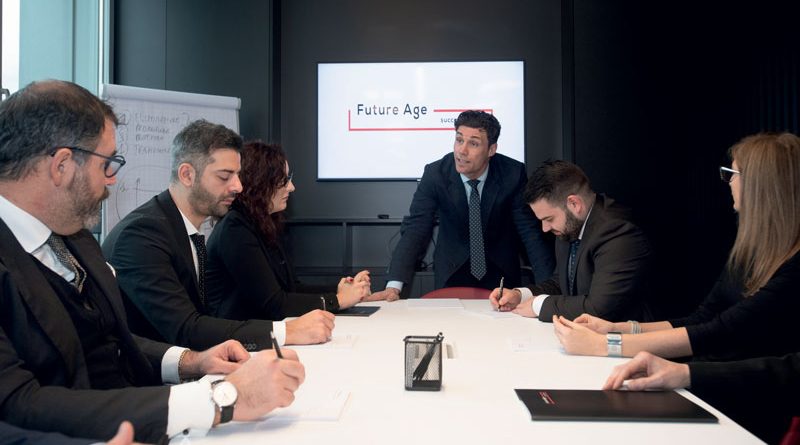Future Age, a partner to tackle digital transformation
Big Data help in making the right strategic decisions, but a paradigm shift is needed in the company to interpret them
Future Age, a management organisation specialised in change management and high impact innovation, is specialised in interventions in companies linked to the aluminium supply chain: half of its clients are refiners, manufacturers of die-castings, die-casting moulds, makers of light alloy components and extruders. In recent years, the use of Business Intelligence (B.I.) tools has increased considerably in the world of aluminium, mainly due to the growth in the volume of data available to companies, the so-called Big Data. By B.I. we mean all those processes through which a company manages to collect data, analyse them and transform them into strategic information. Through its Business Intelligence model, Future Age promotes the use of predictive data with a view to analysing the purchase of raw materials: by comparing historical raw material consumption data, market trends in the sales area and the historical cost curve of the raw material, a predictive model is created which allows the company to purchase raw materials while forecasting consumption and market cost fluctuations. For the entrepreneur, this also opens up the opportunity to anticipate or take reactive action if the trend does not meet expectations. A further possibility is related to the monitoring of costs per supplier, both in absolute and relative terms, in order to intervene with tailored management policies. Building the numerical indicators to be monitored, which must be few, simple and effective, is necessary in order to have the situation of the company under control ‘at a glance’. In order for the Business Intelligence model to be as effective as possible, a paradigm shift will be necessary in the company, where the culture of data is placed at the centre, supported by the appropriate staff training. Many companies in the aluminium supply chain are still tied to a model where a single figure, usually the entrepreneur, centralises control of all processes in his hands. In the coming years the inevitable digital transformation process will make it essential to change this model. It will be essential to untie the company from the corporate Key-Man (usually the founder and the production manager), promoting a widespread digitisation in the “office” and “production” areas. Thanks to its Digital Mentoring programmes, Future Age brings into the company not a consultant, but a pragmatic professional, who speaks the same language as the entrepreneurs, shares their vision and objectives but also the risk, linking a large part of his remuneration to the achievement of concrete and measurable results.

